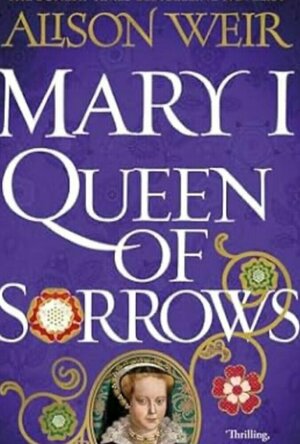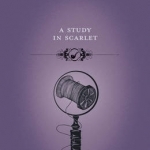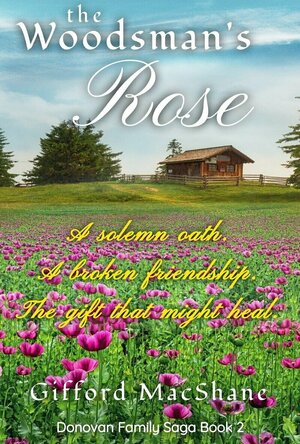
The Woodsman's Rose (Donovan Family Saga #2)
Book
Historical Fiction with Romance & a dash of Celtic mysticism 1880s Arizona: Daniel Donovan wants...
Historical Fiction Celtic Mysticism
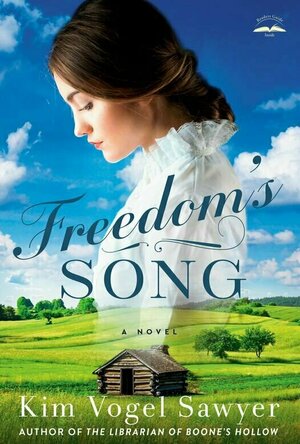
Freedom's Song
Book
Her voice made her a riverboat's darling--and its prisoner. Now she's singing her way to freedom in...
Christian Fiction Romance Historical Historical Fiction
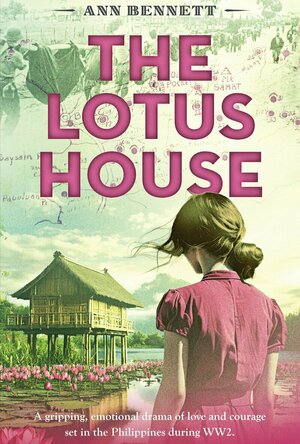
The Lotus House (Echoes of Empire)
Book
A gripping, emotional drama of love and courage set in the Philippines during WW2. 1960: Nancy...
Asian Military Historical Fiction Romance
ClareR (6067 KP) rated Mary I: Queen of Sorrows in Books
Oct 22, 2024
Alison Weir is writing a work of historical fiction, but she has done her research. Of course, a lot of Mary’s story could be open to interpretation, and we’ll never know her exact inner thoughts, but she wrote letters and people wrote things down about her at the time. And personally, I really like Weirs interpretation. She makes Mary a human being, with thoughts, loves, hates and responsibilities. The period in history is described so well, that the reader can understand why Mary had such an extreme reaction to those who wouldn’t convert to Catholicism. And, well, Elizabeth I killed a lot more people than Mary ever did, so 🤷🏼♀️
I found the chapters on Mary’s childhood really interesting and very sad. What a traumatic childhood she had.
So, if you enjoy historical fiction and want to find out more about Mary I, then this may well be the book for you too. A totally absorbing read!
Lindsay (1793 KP) rated Into the Whirlwind in Books
Feb 15, 2018
I really talks about the aftermath of the great Chicago fire. It detail the what happens to some of the buildings and what the neighbors did for the city and new change came about. If you really like history or interest in history of the US then this book is for you. Remember this book has some fiction but it still go learning tool to learn about American history in some ways.
Aasiyah Sidat (34 KP) rated A Study in Scarlet in Books
Jul 5, 2018
Don't get me wrong, there are some brilliant writers; Charles Dickens, John Steinbeck, the Austen's, all amazing writers, brilliant minds, but their writing style doesn't appeal to me. I would only pick up their books because of an academic reading list, and since academia doesn't need me to read fiction, I avoid it.
A very wise person recently told me that avoiding things is something I should avoid. Which is one of the reasons why I love this read harder challenge, taking you out of your comfort zone and expanding your reading is the best way to gain perspective.
Continue reading my review at: https://www.readsandrecipes.co.uk/2017/01/read-harder-1900-1950.html
Lindsay (1793 KP) rated Into the Whirlwind in Books
Aug 30, 2018
I really talks about the aftermath of the great Chicago fire. It detail the what happens to some of the buildings and what the neighbors did for the city and new change came about. If you really like history or interest in history of the US then this book is for you. Remember this book has some fiction but it still go learning tool to learn about American history in some ways.
Lindsay (1793 KP) rated Halley's Casino: The Adventures of Nebula Yorker in Books
Aug 30, 2018
The author does a wonderful job. I like that Nebula Yorker is the problem solver. Is Halley a Comet or is it an Intergalactic Casino? We see what Rome looks like at 12 BCE? Who is Nebula Parents? You find all kinds of surprises and twists along the way. I enjoyed the plot.
Will Neb save earth or will not? It adventures of a lifetime. Find out by reading. This book has a few stories and adventures waiting from beginning to end. Is the world as we see it or his it something we never imagined?
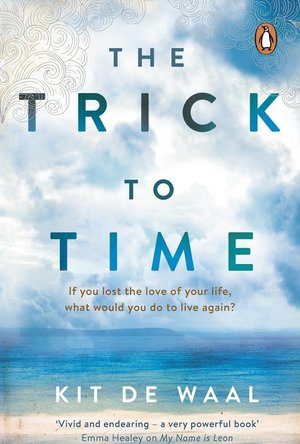
The Trick to Time
Book
Mona is a dollmaker. She crafts beautiful, handmade wooden dolls in her workshop in a sleepy seaside...
Historical fiction. Literary fiction

Stargazer
Book
Diana Martin has lived her life in the shadow of her sadistic older brother. She quietly watches the...
Literary fiction Historical fiction Mental Health Coming of Age
